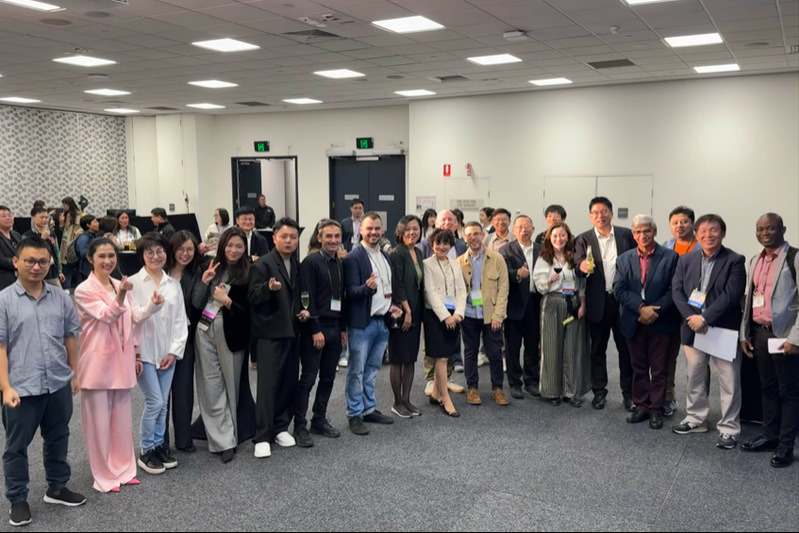On June 21, the annual conference of the International Communication Association (ICA), the China Internet Thirty Year CAP Roundtable Forum and the Welcome Reception were successfully held on the Gold Coast of Australia. The conference is jointly organized by the College of Media and International Culture of Zhejiang University and the journal of Communication and the Public, with support from multiple departments including ICA Communication & Technology Division, ICA Popular Media & Culture Division, and ICA Public Diplomacy Interest Group. Scholars from home and abroad attended the conference to exchange insights.
On the morning of June 21, the CAP Round Table Forum focused on the 30-year development of China's Internet and looked forward to its future trends and global impact. Scholars conducted in-depth discussions on issues such as the evolution of China's Internet, ecosystem diversity, globalization and technological expansion. The forum was hosted by Lin Jian, Assistant Professor at the Chinese University of Hong Kong.
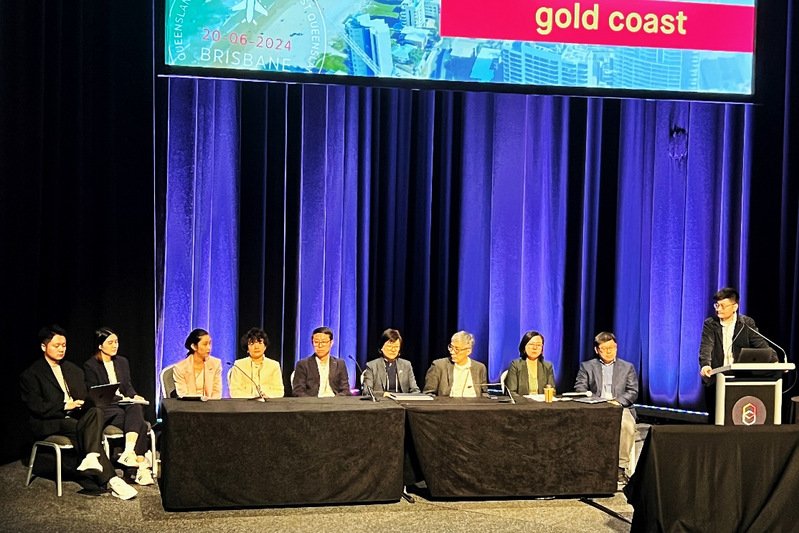
At the beginning of the forum, the participants briefly exchanged views on their respective research fields, and then held heated discussions around three main topics: the impact of the Internet on China, the characteristics of China's Internet globalization, and how to understand and promote China's Internet research.
In terms of the impact of the Internet on China, Professor Yang Guobin of the University of Pennsylvania believed that the Internet had reinvented Chinese society, and summarized its impact into three aspects: first, network activism marks the emergence of a kind of social change in China; Second, the new language of audience based on the Internet has triggered cultural innovation; Third, online activism and online participation are manifestations of grassroots democracy. Liu Jun, associate professor of Copenhagen University, and Qiu Linchuan, professor of Nanyang Technological University, emphasized the cultural diversity brought by the development of China's Internet hardware and software. Associate Professor Lin Fen from City University of Hong Kong proposed the digital divide and social structural changes that technology may bring.
When discussing the globalization of China's Internet, scholars expressed their own opinions. Assistant Professor Lu Miao of Lingnan University believed that the global expansion of Chinese Internet companies was determined by their structural position in the global system. Professor Yu Haiqing of Royal Melbourne University of Technology pointed out that the globalization of China's Internet was not only an extension of geopolitics, but also a constant innovation in practice. Professor Huang Yihui from the City University of Hong Kong and associate professor Huang Zhao from the Tenth University of Paris, respectively analyzed the characteristics of China's Internet globalization from the perspective of cultural production and infrastructure as well as policy system.
Next, scholars discussed Internet research in China and its future development. Professor Qiu Linchuan stressed the uncertainty of China's Internet and called for cautious research. Professor Huang Yihui advocated transcending the Chinese centric narrative while adhering to Chinese essentialism. Professor Hong Yu of Zhejiang University proposed the importance of embedding the Chinese Internet into specific cultures and languages to understand multiple power relationships and focus on diversity while maintaining conceptual research.
At the end of the forum, audiences and scholars at home and abroad had a heated discussion on how to improve the internationalization of China's Internet research, and the 30-year CAP Roundtable Forum on China's Internet was successfully concluded.
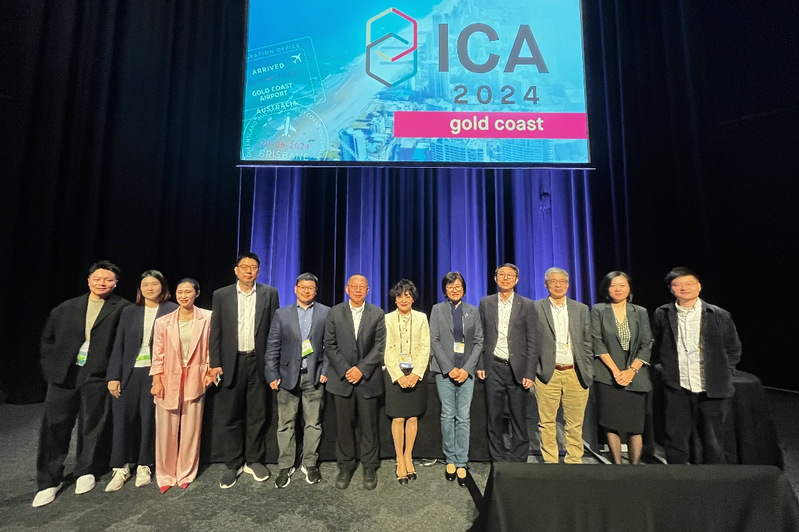
In the afternoon, a welcome reception hosted by the College of Media and International Culture of Zhejiang University was held. Firstly, Fang Xingdong, Executive Vice Dean of the College of Media and International Culture, and Hong Yu, Vice Dean, delivered speeches respectively. Professor Hong Yu warmly welcomed the arrival of all the scholars and provided a detailed introduction to the history and culture of the College of Media and International Culture. Professor Fang Xingdong emphasized the cross fusion genes of the college, which not only have the tradition of the journalism department of Hangzhou University in 1958, but also the background of the science and engineering specialty of Zhejiang University. This reflects the advantages of the college in the context of the transformation and upgrading of the journalism and communication discipline. He further pointed out that international communication and intelligent communication are the future directions of the college's development.
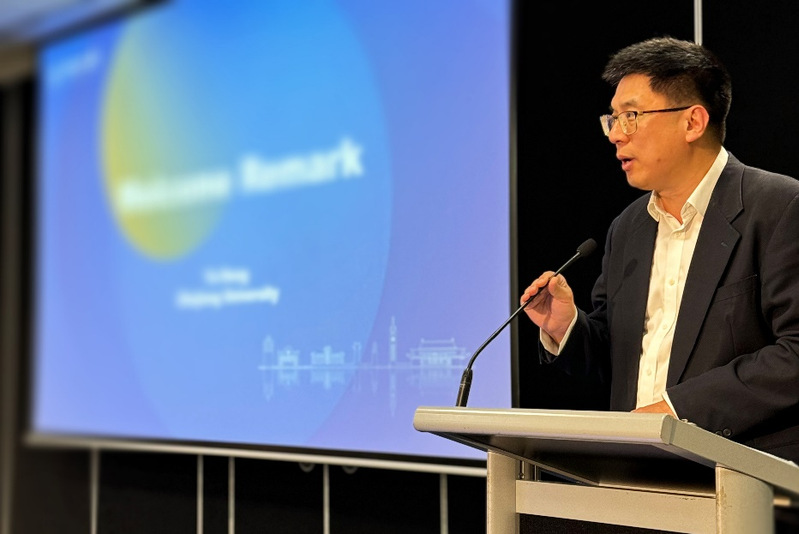
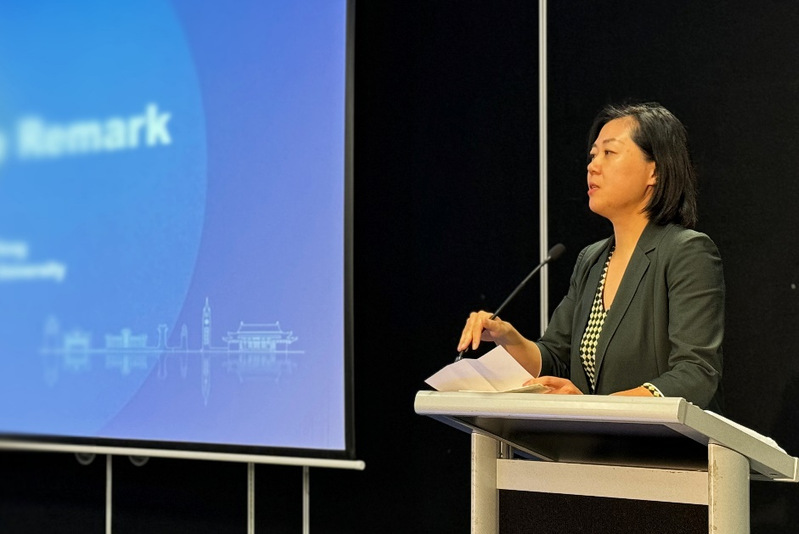
Subsequently, Professor Huang Yihui from City University of Hong Kong introduced the recent development of the English journal Communication and the Public. She pointed out that the journal has been thriving in recent years, with a steady increase in the number and quality of submissions and an expansion in international influence. She introduced the upcoming special issues such as Theoretical AI to the attendees and sincerely invited scholars from around the world to actively contribute.
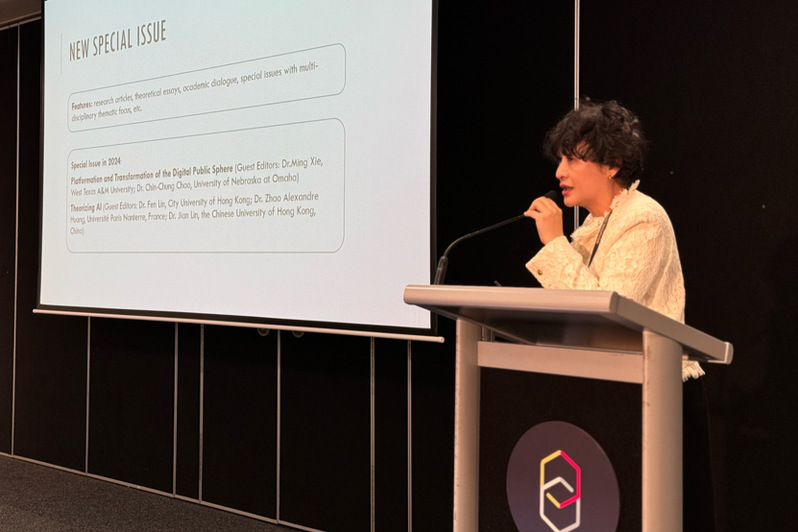
Finally, Associate Professor Huang Zhao from the Tenth University of Paris presided over the award ceremony and commended three scholars who made special contributions to the journal Communication and the Public. They are Professor Meredith D. Clark from Northeastern University, who won the Best Citation Award, Professor Chen Li from West Texas A&M University, who won the Best Reviewer Award, and Professor Christian Fuchs from Paderborn University, who won the Best Editor Award. Subsequently, the speech videos of the three winners were played on site. Fang Xingdong, Executive Vice Dean of the College of Media and International Culture at Zhejiang University, Professor Wu Fei from the College of Media and International Culture at Zhejiang University, and Professor Huang Yihui from City University of Hong Kong jointly presented trophies and certificates to the award-winning guests. After the award ceremony, the attending scholars had in-depth exchanges with the journal editors.
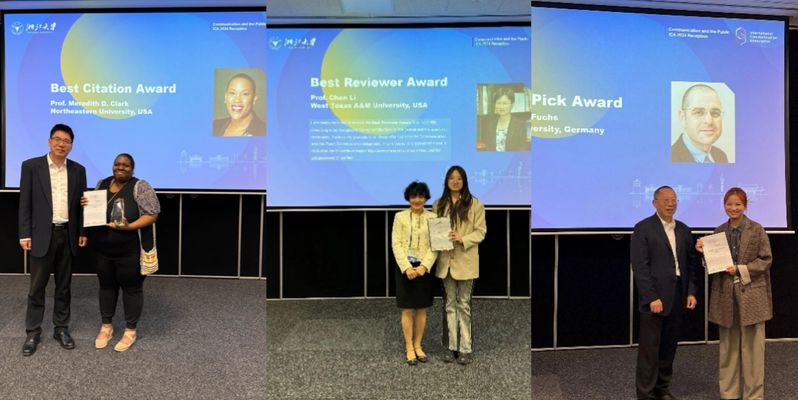
This conference actively encourages theoretical exploration, pays attention to international hot issues, breaks down disciplinary barriers, and promotes interdisciplinary exchanges. It not only significantly improves the reputation of the English journal Communication and the Public of the College of Media and International Culture at Zhejiang University, strengthening the internationalization advantages of the college, but also provides important opportunities for international communication and cooperation, effectively enhancing the publicity effect of the college and its international reputation.
